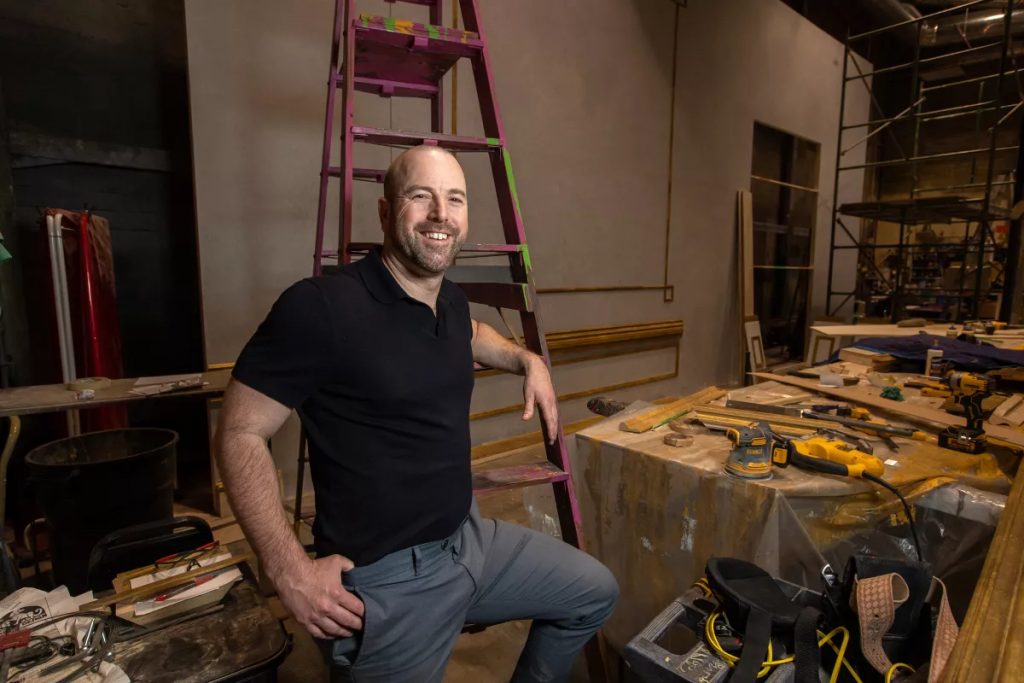Alumnus Danny Feldman (2002) was not really surprised when the Pasadena Playhouse won the Tony for Best Regional Theater. After all, when he took over the reins of the venerable playhouse in October 2016, he announced a bold vision to his staff to make it the most dynamic and exciting theater in America, and prophesied that they would win the Tony down the road.
Feldman’s bravado masked a perilous situation at the beginning of his tenure. The Pasadena Playhouse faced large-scale debt and a diminished subscriber base. Feldman’s very first challenge was to raise a million dollars or shut the theater down. And no one knew that a global pandemic loomed that would prove its own existential threat.
Today, the Pasadena Playhouse (the Official State Theatre of California) is widely recognized as Metro LA’s best. Under Feldman’s leadership, the theater has embraced its role as both a purveyor of the cutting-edge and a conservator of American musical theater.
We sat down with Danny to talk about his artistic vision, the future of theater, and his musical training at UCLA.
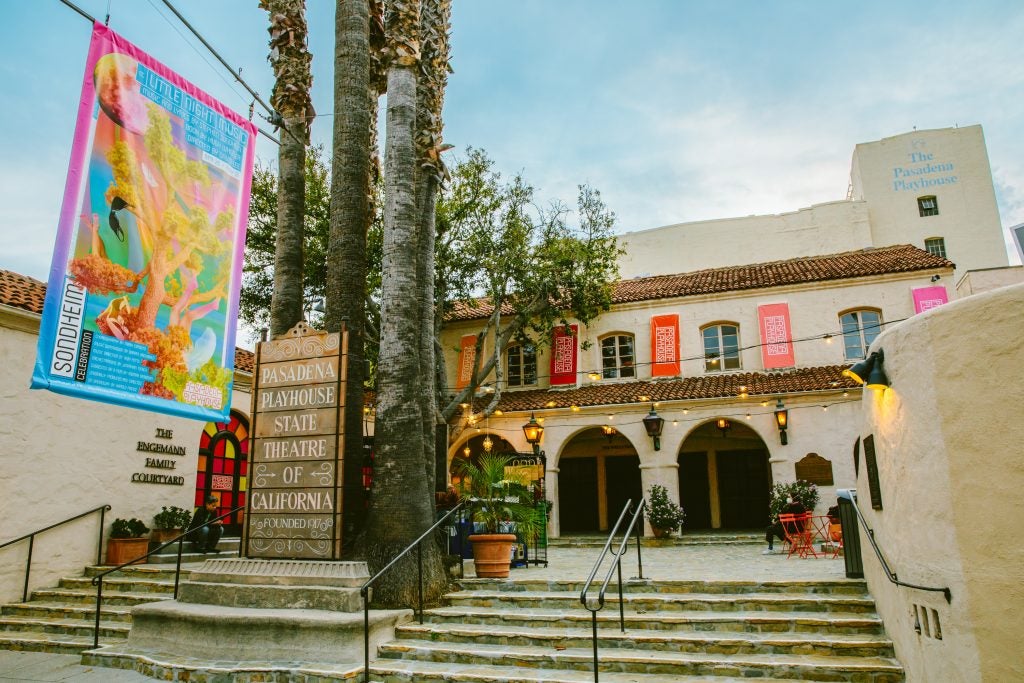
* * *
What is the biggest challenge for theater today?
I don’t think we can boil it down to a “biggest” challenge. We face lots of challenges. We are in a radical moment of change for regional theaters. Between the pandemic and racial reckoning and all of our political and social turmoil right now, there is a real question about what theater needs to look like when we come out of it.
I was hired at the beginning of a wave of new artistic directors who really want to see American theater evolve. The desire for American theater to be more inclusive, to diversify its repertoire, is quite real. Theater also has to preserve its traditional audiences and also reach out to new audiences, it has to engage the important questions of the day and it has to be vital to survive.
And this pressure falls on the shoulders of the artistic director?
You need a visionary artistic director if your goal is to have your theater change the world for the better, and that is definitely my goal. But directors of regional non-profit theaters also have to find a sustainable business model, and to build a next generation audience while preserving current audiences, and do that while being under-resourced.
The traditional model for finding nonprofit theater leadership is first to be a star director, and then to take over artistic direction for a regional theater. But these days, you are asking an artistic director to program amazing, world-changing work, and also balance a budget, change their audience really fast, to find and manage a board of directors. This is not necessarily something in the skillset of most theater directors. You are asking them to be visionary artists, but also to fly the plane but fix the plane while flying the plane. It’s a heavy lift.
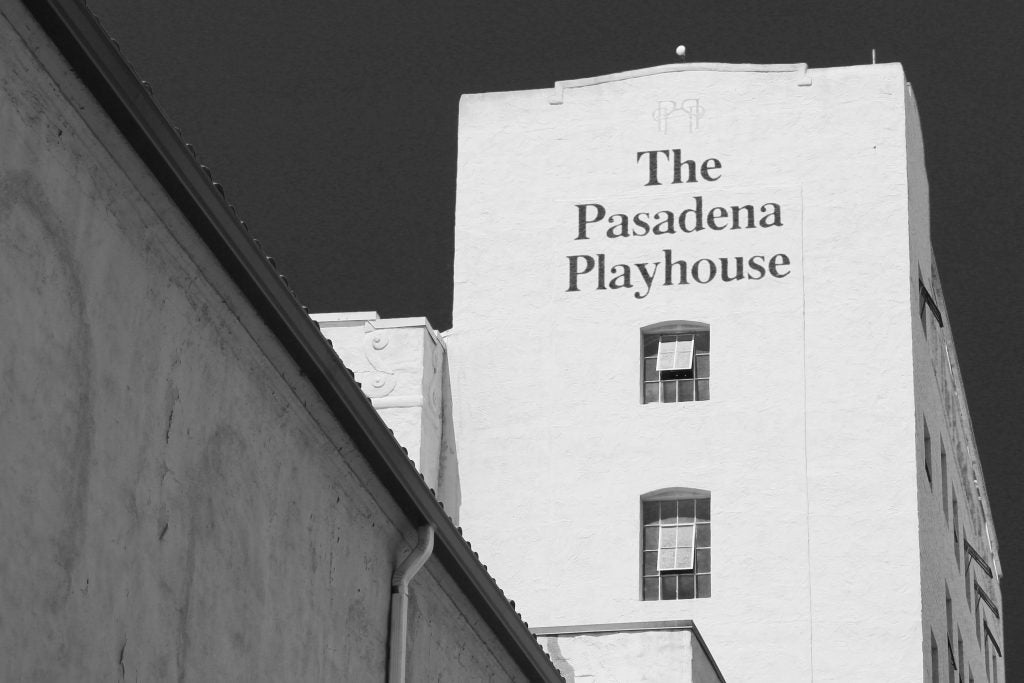
You seem to have weathered it.
It wasn’t easy! And the Pasadena Playhouse is a really scrappy organization. It’s been on the brink before, so it’s built up a resilience. Everyone here understands that everything matters, every performance matters. If one show really bombs, then we will have to close our doors. So everyone takes it seriously and that helps make great productions.
Fear is a driver?
Fear is a driver! And I hate to say that, but it’s true. There is always a sense of urgency. For artistic directors, managing the entire load of programming, production, and fundraising can be scary, but it can also be exhilarating.
What’s your process for producing successful shows?
Honestly, I’m still working it out! After four full seasons in seven years here [the playhouse closed during the pandemic], I’m just learning my process. But I can say that much of it goes back to my musical training.
Including your training at UCLA?
Yes. It is a little shocking, I suppose, that I ended up in this seat with a degree in music education. But then again, not really all that shocking. I arrived at UCLA in 1998, and back then there was no distinct pathway for someone who wanted to study and produce musical theater. But early on, I had an advisor who told me, “You should really be in music education. You already have some teaching experience. Music direction is essentially teaching, right?” And, it was the only undergraduate programs at the time where you would get conducting experience.
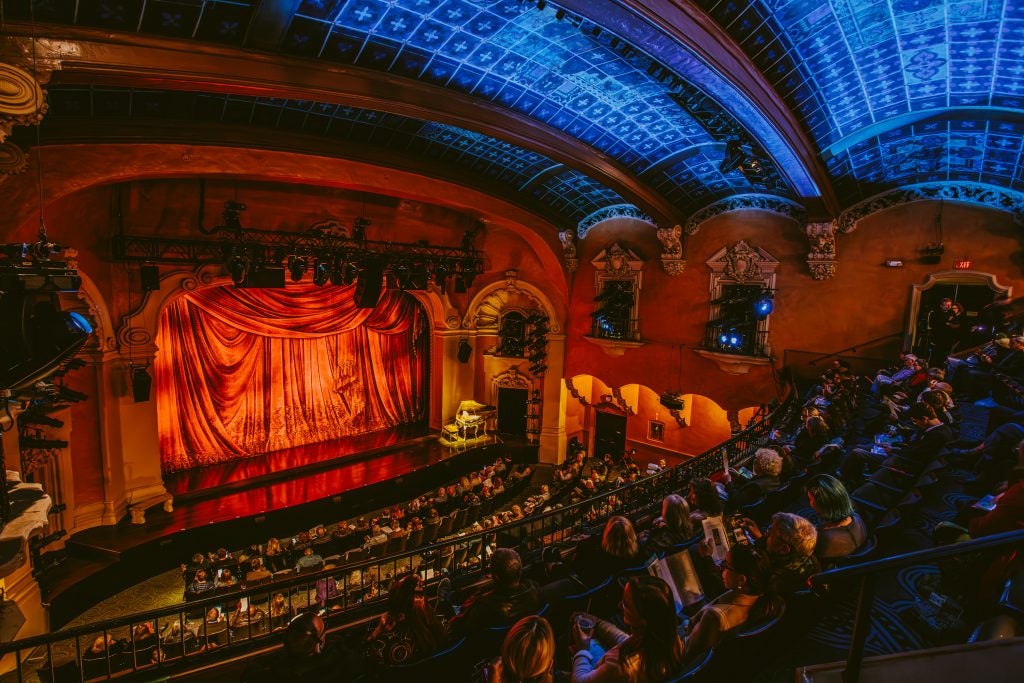
How did musical training translate into skills that would help with artistic direction and production?
Think about what musical training teaches you. You sit in a room with a condensed piece of music and you play it over, and over, and over again. “How can I perfect the fingering on this?” “What’s the right dynamic?” You are deep diving on minute details, but you need an attention span to do that. You spend hours on just a minute or so of music.
It’s a life skill. When I planned the Sondheim festival this past season, which was the most massive thing we ever did, it was—to quote Sondheim—day, after day, after day obsessing over “How does this score sound?” and “How will these things fit together?” Most musicians don’t even know they have this skill, and it is essential.
Was this something you recognized as a student?
Of course not! I had no idea what was important when I was eighteen. I was in college trying to figure out what I wanted to do with my life. When I was sitting in David Lefkowitz’s theory class, I kept thinking, “What am I going to do with all of this?” He knew I was into musical theater and explained to me that I needed to know the rules in order to break the rules, and if I was doing musical theater, then I needed to know how they followed the rules.
Today, that musical training has paid off in ways that I didn’t think were possible back then. I just couldn’t make the connection.
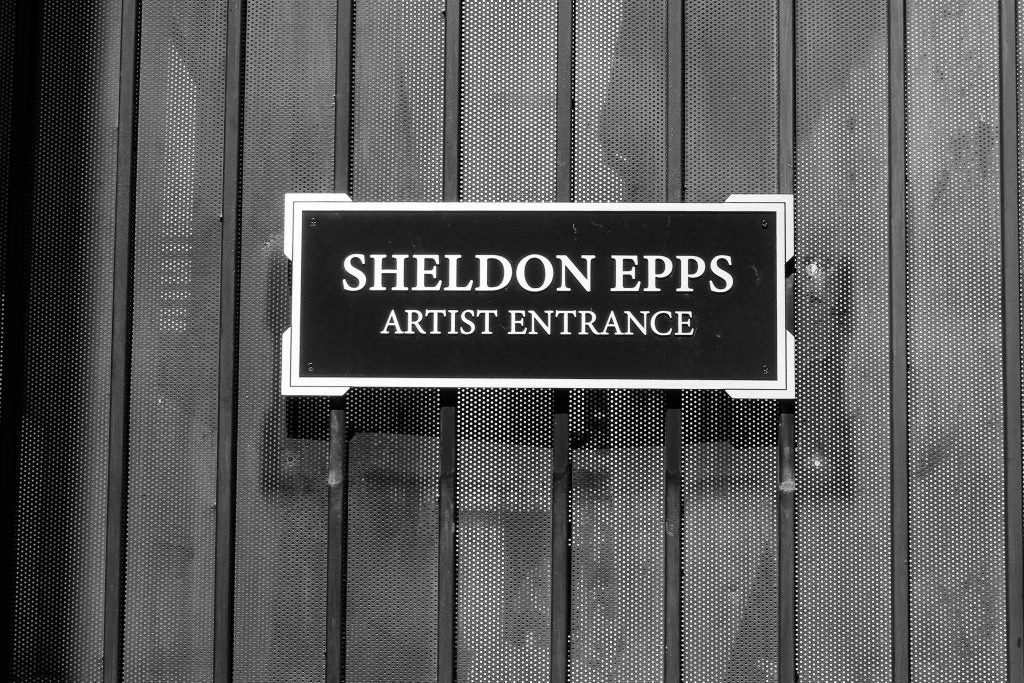
To be fair, it’s hard to make those connections when we’re eighteen.
No doubt! But, some things clicked at the time too. I could see the immediate impact of voice lessons with Juliana Gondek, for instance. I learned from trying my hand at piano performance that I wasn’t going to make it as a professional pianist. That’s just the reality, and that’s an important thing to learn at some point.
Other things are revelations. I remember John Hall, my mentor, when I was playing in the band and learning how to conduct, I remember him saying: “when you are sitting in an orchestra rehearsal for a musical, and the French horn is faking his part, you’ll know.” That clicked right away. And experience has proven that right.
It sounds like music is in your bones.
I am passionate about it.
When we staged A Little Night Music in the Sondheim Festival, I wanted to bring back the original orchestration. The last time they did that show on Broadway, they staged it with a seven-piece orchestra. But that is a lush musical score, and seven musicians can’t pull it off. I insisted we use the original orchestration, for a 22-piece orchestra. I raised more money than I’ve ever raised to field that orchestra.
Just for the orchestra?
Yes. We had to raise money for the show, but an orchestra of that size is expensive, so I raised money explicitly for the orchestra, and we were able to pull it off.
I fear that what we will lose in the future is the ability to hear musicals the way they were originally written. This is a huge piece of American culture. I mean, jazz and musical theater are the two great original American art forms. That’s why it’s important to field the full orchestras. It preserves the artists’ original vision.
David Lee (the director of Some Night Music at Pasadena Playhouse) was equally passionate about it. His feeling was, “when you give audiences the full experience with the real orchestra, then audiences will demand it.” I share that feeling. You have to show audiences why the 22-piece orchestra is better than the seven-piece orchestra, or better than a recording. If you take the full orchestra away from them, then they won’t know what they’re missing.
It must be difficult to sustain, given the financial pressures of fielding a large orchestra.
Everyone thought I was crazy when I said we needed the full 22-piece orchestra. Everyone kept trying to reduce it. The score calls for three French horns, and people said “maybe we can get by with two French horns,” and I said “no, three French horns.” They wanted to make a t-shirt for me that said “three French horns.”
But in a 600-person theater, to hear that orchestra—the audience went wild. It was just a different experience. And it’s up to us to advocate for that.
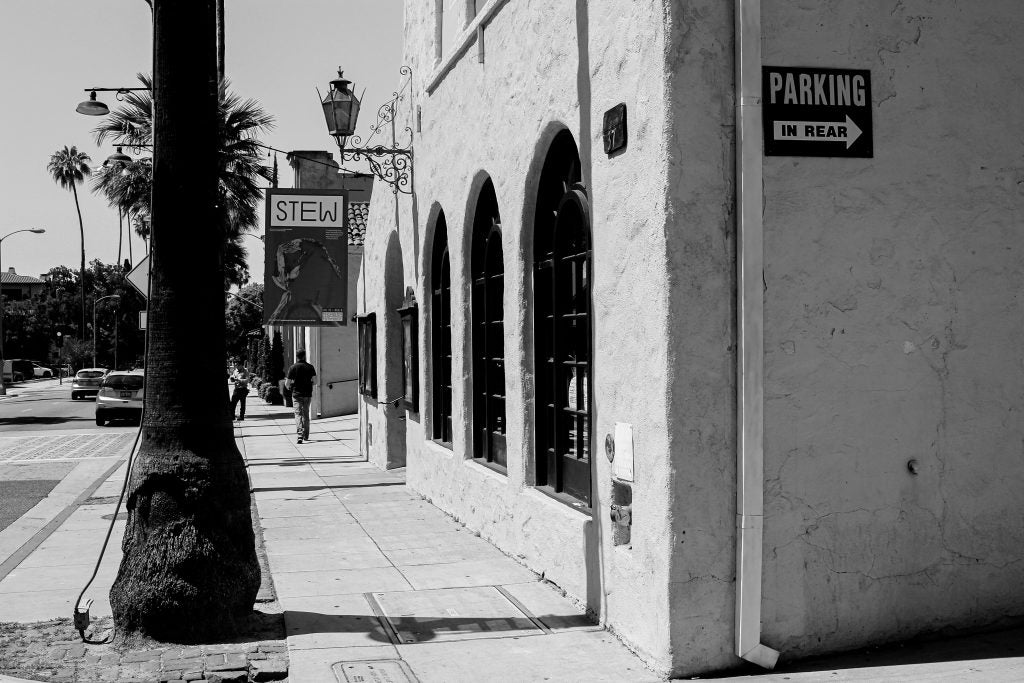
What’s in store for the next season?
It’s going to be a great season. We have everything from a new play, Stew, written by Zora Howard, to Inherit the Wind. We also have a great musical, Jelly’s Last Jam. This is a fantastic musical about Jelly Roll Morton, the self-proclaimed inventor of jazz. George Wolf, the great artist who put this musical together, did a great job showing how all the different musical traditions in New Orleans came together to form this new, original music called jazz.
I think Jelly’s Last Jam is one of the best musicals in American history, like top twenty. But I don’t think the public sees it that way, and I want to change that. And, fun fact. The original orchestrations for Jelly’s Last Jamare missing. We have a reduced orchestration, but not the original. We are going to take a run at restoring the original orchestration.
Good luck with that!
No promises! But I know our production of Jelly’s Last Jam, which begins May 28, 2024, will be a must see.
The Pasadena Playhouse’s 2023-24 season begins on July 12 with Stew, a Pulitzer Prize finalist in 2021written by Zora Howard and directed by Tyler Thomas. Find out more about the Pasadena Playhouse’s 2023-24 season by visiting their website.


